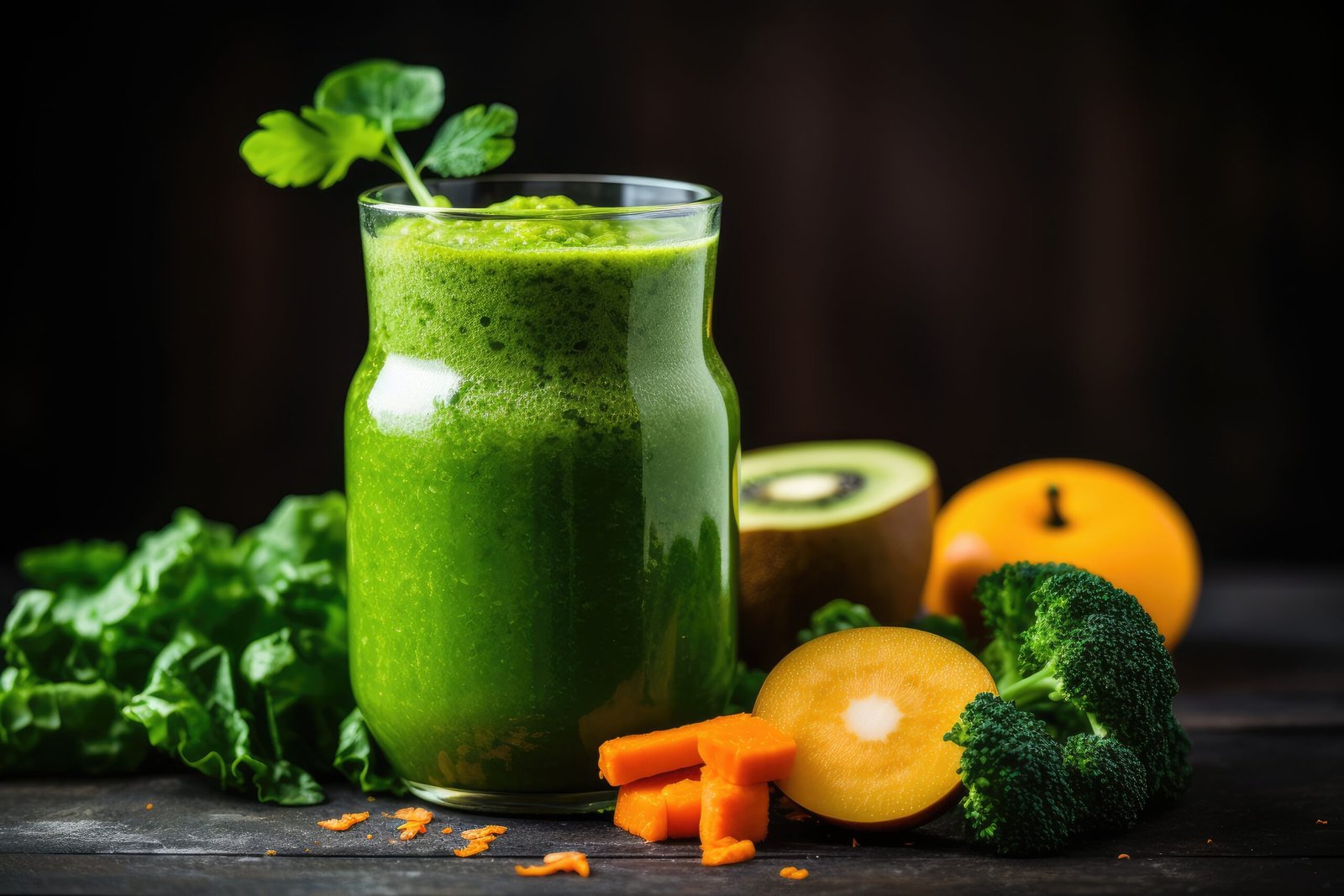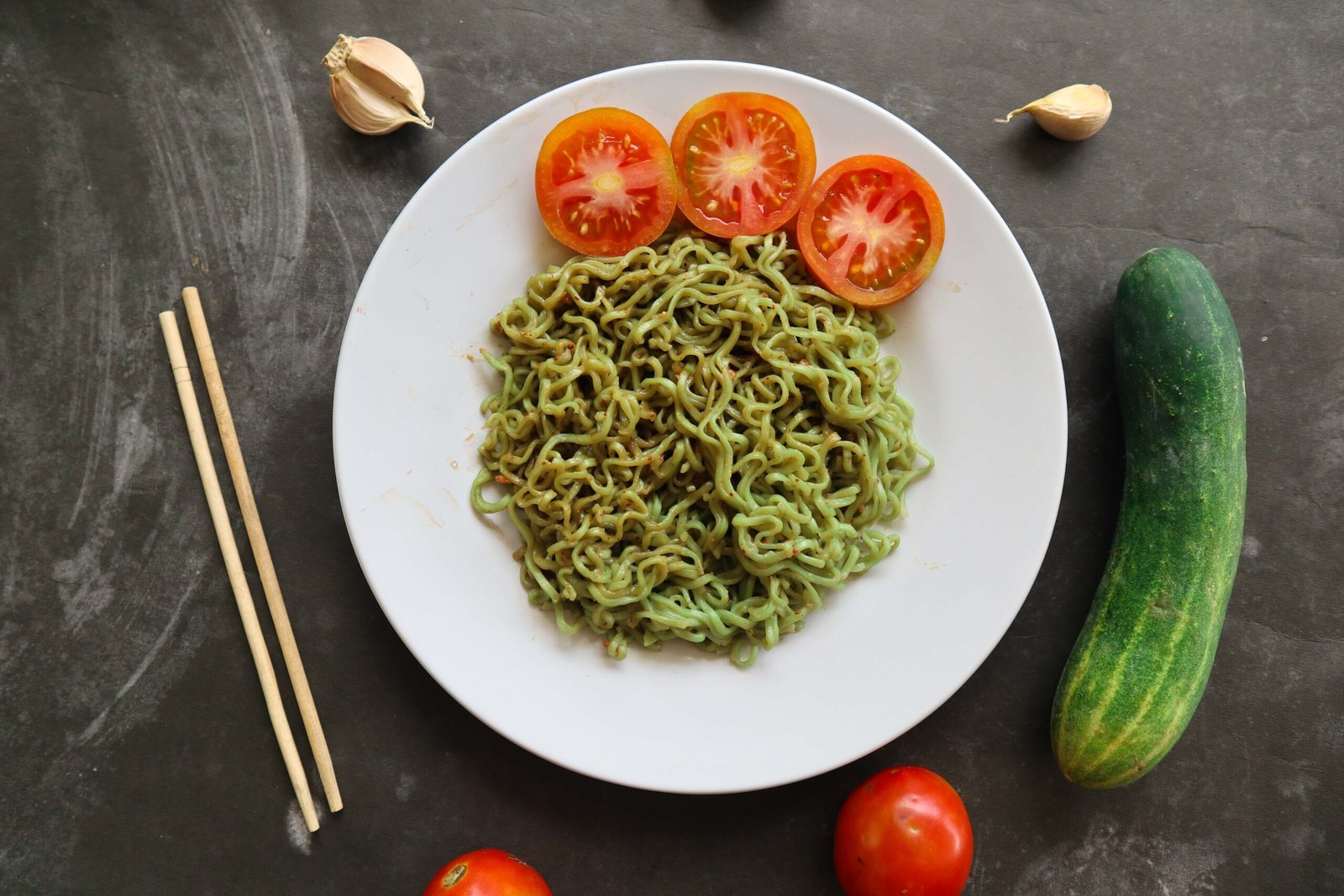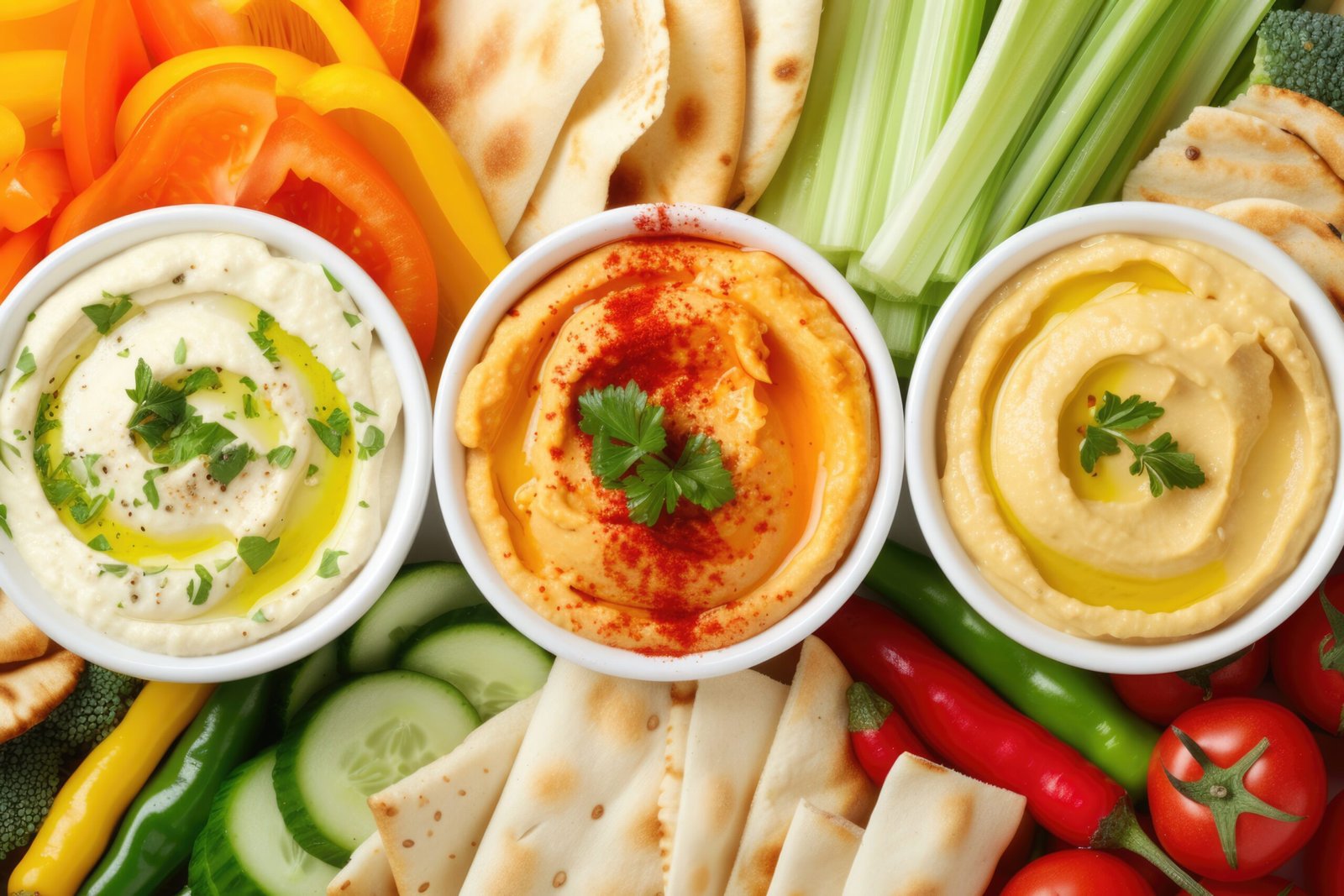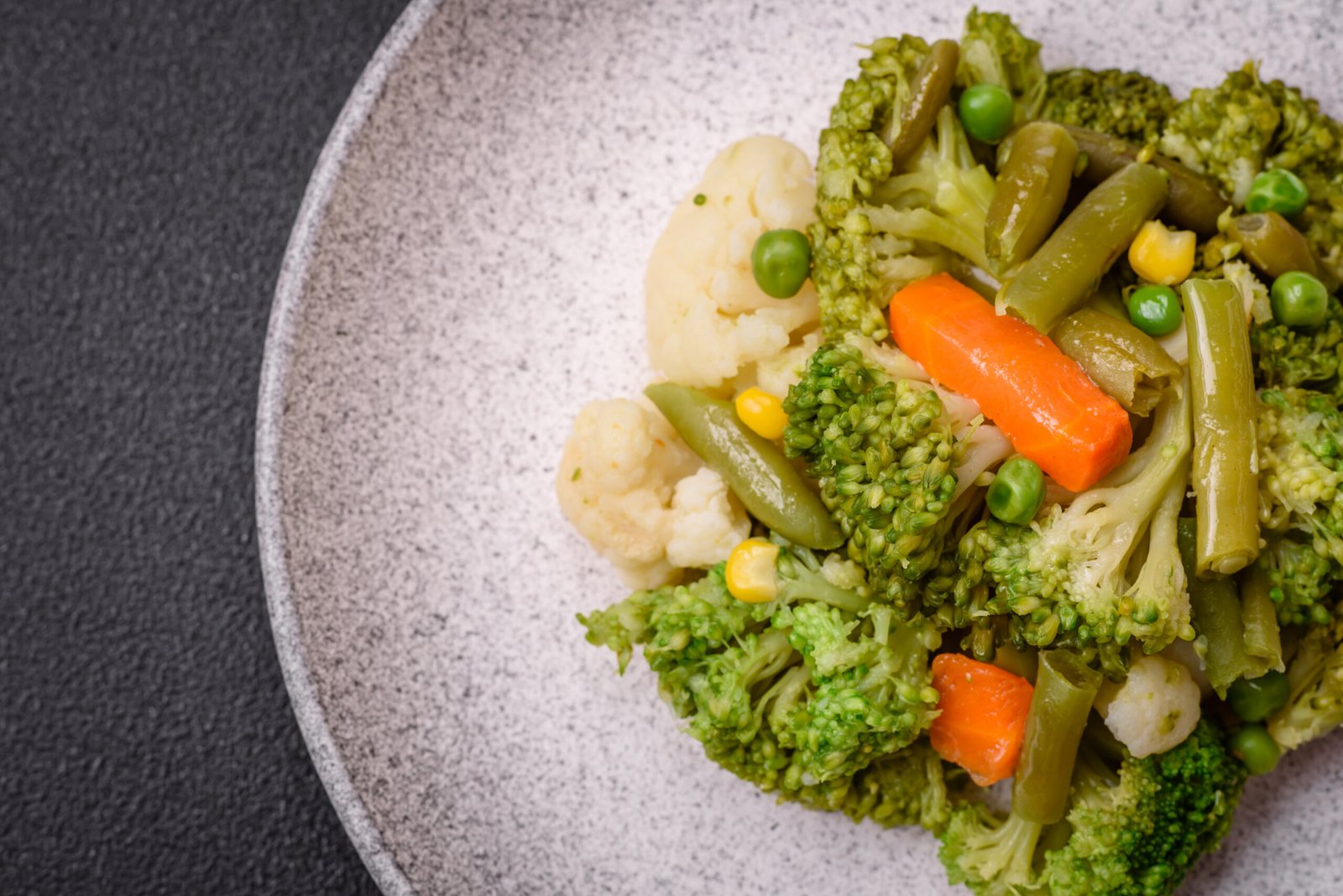The Benefits of Mindfulness Meditation for Stress Relief

Imagine having a superpower that could melt away your stress, calm your racing thoughts, and bring a sense of peace to your chaotic day. Now, what if I told you that this superpower is real, and it’s been hiding in plain sight all along? Enter mindfulness meditation: the ancient practice that’s becoming a modern-day stress-busting phenomenon.

In our hyper-connected, always-on world, stress has become as common as morning coffee. We’re constantly bombarded with notifications, deadlines, and an endless to-do list that seems to grow faster than we can check things off. It’s no wonder that so many of us feel like we’re running on a hamster wheel, exhausted but unable to stop. But here’s the good news: mindfulness meditation offers a way to step off that wheel and find calm in the eye of the storm.

So, what exactly is mindfulness meditation? Simply put, it’s the practice of focusing your attention on the present moment without judgment. It’s about being aware of your thoughts, feelings, and surroundings without getting caught up in them. Think of it as giving your mind a mini-vacation from all the chaos.
Now, let’s dive into the amazing benefits that mindfulness meditation can bring to your life, especially when it comes to stress reduction.

Calming the Mental Storm
Have you ever felt like your mind is a browser with 100 tabs open at once? Mindfulness meditation acts like a reset button for your brain. By focusing on your breath or a specific point of attention, you learn to let go of the mental clutter. This doesn’t mean your thoughts magically disappear – it’s more like you’re watching them float by like clouds in the sky, rather than getting swept away in the storm.
Over time, this practice can significantly reduce anxiety and worry. Instead of getting stuck in a loop of “what-ifs” and worst-case scenarios, you become better at recognizing these thoughts for what they are – just thoughts, not facts. This shift in perspective can be incredibly liberating, allowing you to approach stressful situations with a clearer, calmer mind.

The Body’s Stress Reset
Stress isn’t just a mental game – it takes a toll on your body too. Tension headaches, tight shoulders, upset stomachs – sound familiar? Mindfulness meditation can be like a spa day for your stressed-out body. When you meditate, your body enters a state of deep relaxation. Your heart rate slows down, blood pressure decreases, and those tightly wound muscles start to unwind.
But the benefits don’t stop when you open your eyes. Regular mindfulness practice can lead to lasting changes in your body’s stress response. You might find that you’re less likely to tense up in traffic, or that you recover more quickly from stressful events. It’s like upgrading your body’s operating system to be more resilient to stress.

Emotional Intelligence Bootcamp
Let’s face it – stress can turn us into emotional wrecks. One minute you’re frustrated, the next you’re anxious, and before you know it, you’re stress-eating a pint of ice cream. Mindfulness meditation is like going to the gym for your emotional intelligence. By practicing awareness of your emotions without immediately reacting to them, you develop a kind of emotional agility.
This newfound emotional awareness allows you to respond to situations more thoughtfully, rather than just reacting on autopilot. You might find yourself taking a deep breath before responding to a heated email, or pausing to consider multiple perspectives in a conflict. This emotional regulation can lead to better relationships, both personal and professional, which in turn can significantly reduce your overall stress levels.

Sharpening Your Mental Focus
In a world where our attention is constantly pulled in a million directions, the ability to focus can feel like a superpower. Good news: mindfulness meditation is basically strength training for your attention span. By repeatedly bringing your focus back to your breath or another point of concentration during meditation, you’re actually rewiring your brain to be better at paying attention.
This improved focus can be a game-changer when it comes to stress. Tasks that used to feel overwhelming become more manageable when you can give them your full attention. You might find yourself procrastinating less, working more efficiently, and feeling less stressed about deadlines. Plus, being able to focus on the present moment means less time spent worrying about the future or ruminating on the past – two major sources of stress for many people.

Boosting Your Self-Awareness
This improved focus can be a game-changer when it comes to stress. Tasks that used to feel overwhelming become more manageable when you can give them your full attention. You might find yourself procrastinating less, working more efficiently, and feeling less stressed about deadlines. Plus, being able to focus on the present moment means less time spent worrying about the future or ruminating on the past – two major sources of stress for many people.
Often, stress creeps up on us slowly. We might not notice that we’re clenching our jaw, hunching our shoulders, or holding our breath until we’re already in full-blown stress mode. Mindfulness meditation helps you become more tuned in to your body and mind, making it easier to catch stress in its early stages.
This increased self-awareness can be like an early warning system for stress. When you notice the first signs of tension or anxiety, you can take steps to address it before it snowballs. Maybe you’ll take a few deep breaths, go for a quick walk, or do a short meditation. By nipping stress in the bud, you prevent it from taking over your day.

Enhancing Your Sleep Quality
If you’ve ever lain awake at night, mind racing with worries about tomorrow, you know that stress and sleep are mortal enemies. Mindfulness meditation can be your secret weapon for better sleep. By calming your mind and relaxing your body, meditation can help you fall asleep faster and enjoy deeper, more restful sleep.
Better sleep means you’re more equipped to handle stress during the day. You’ll likely find that you have more energy, better mood, and increased resilience to stressors. It’s a positive cycle – less stress leads to better sleep, which in turn helps you manage stress more effectively.

Cultivating Compassion and Kindness
Here’s something you might not expect: mindfulness meditation can actually make you kinder – to others and to yourself. Many mindfulness practices involve cultivating feelings of compassion and loving-kindness. This might sound a bit woo-woo, but research shows that it can have powerful effects on reducing stress and improving overall well-being.
When you’re kinder to yourself, you’re less likely to get caught up in self-criticism and negative self-talk – major sources of stress for many people. And when you approach others with more compassion, you’re likely to have more positive interactions and stronger relationships, which can be a powerful buffer against stress.

Gaining Perspective on Your Thoughts
One of the most powerful benefits of mindfulness meditation is the ability to gain perspective on your thoughts. Through regular practice, you start to realize that you are not your thoughts – you’re the observer of your thoughts. This simple shift can be incredibly liberating when it comes to stress.
Instead of getting caught up in a spiral of worried thoughts, you can learn to step back and observe them with a bit of distance. “Oh, there’s that worry about the presentation again,” you might think, without immediately buying into the stress. This doesn’t mean you ignore important concerns, but rather that you can approach them with a clearer, calmer mind.

Boosting Your Immune System
Chronic stress is known to suppress the immune system, making you more susceptible to illness. Mindfulness meditation, on the other hand, has been shown to boost immune function. By reducing stress and promoting relaxation, meditation can help keep your immune system strong and robust.
This means you might find yourself getting sick less often, recovering more quickly when you do get ill, and generally feeling healthier overall. And when you’re feeling physically well, you’re better equipped to handle the stresses that life throws your way.

Creating a Sense of Inner Peace
Perhaps one of the most profound benefits of mindfulness meditation is the sense of inner peace it can cultivate. In a world that often feels chaotic and unpredictable, having a practice that allows you to tap into a sense of calm and centeredness can be truly life-changing.
This inner peace doesn’t mean you’ll never feel stressed again. But it does mean that you’ll have a reliable tool to help you navigate life’s ups and downs with more grace and ease. You might find that things that used to stress you out no longer have the same power over you, or that you’re able to find moments of calm even in the midst of challenging situations.
So why not give it a try? Start small – even five minutes a day can make a difference. There are plenty of apps, videos, and classes available to help you get started. Remember, mindfulness is a skill, and like any skill, it gets stronger with practice. Be patient with yourself, and before you know it, you might just find that you’ve developed your very own stress-busting superpower.



















0 Comments